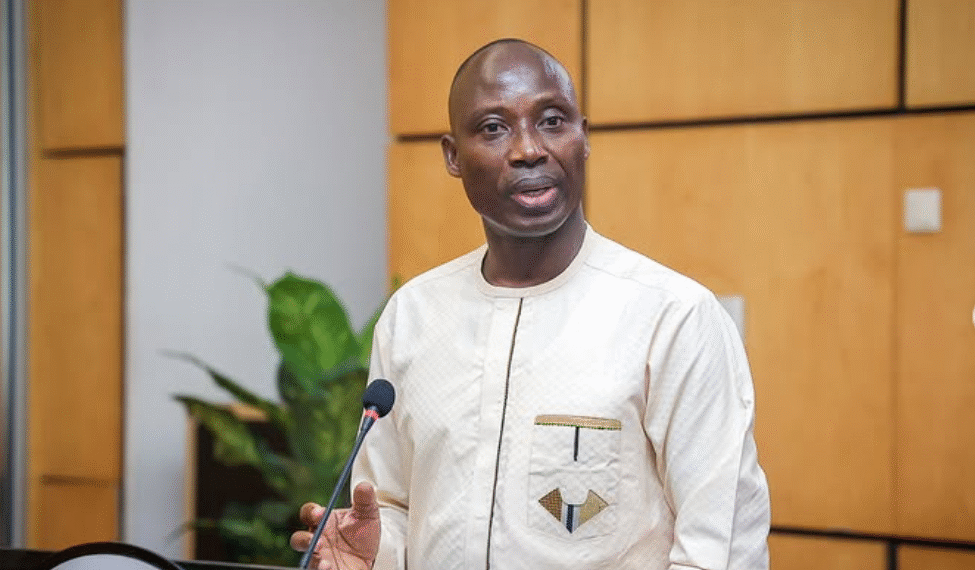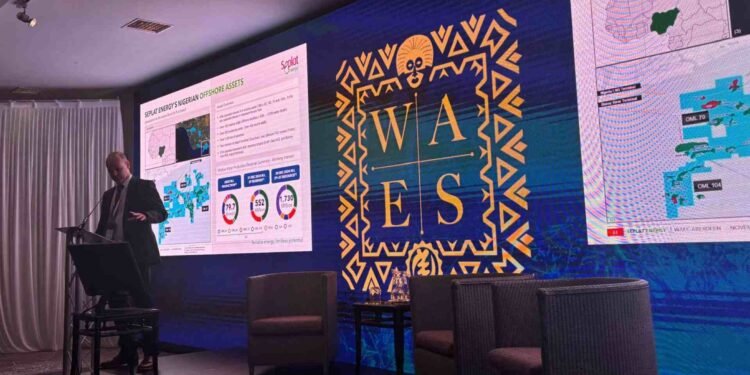Government Statistician Dr. Alhassan Iddrisu has issued a firm reminder that Ghana’s pursuit of peace, justice, inclusion and prosperity cannot be achieved without treating statistics as the central language of national development.
Speaking at the African Statistics Day celebration and the launch of the Governance Series Wave II in Accra, he argued that reliable data must guide reforms, shape advocacy and strengthen accountability, especially under the current administration, whose governance agenda emphasises transparency and evidence-based decision-making.
Dr. Iddrisu opened his address by stressing the role of data in offering confidence, courage and clarity to governments and institutions, noting that statistics illuminate realities that the public and policymakers may be reluctant to confront, yet are essential for genuine social progress.
The Statistician succinctly highlighted the relationship between statistical systems and institutional accountability. His remarks framed the broader significance of this year’s continental theme, which calls for leveraging innovations in data to advance justice, peace, inclusion and prosperity across Africa.
“Reforms cannot succeed when driven by assumptions or unsupported beliefs. Reliable evidence must sit at the heart of national debate and policymaking. Evidence must guide reforms, shape advocacy, and inform debate”
Dr. Alhassan Iddrisu, Government Statistician
He expanded this argument by reminding the audience that African Statistics Day is not merely symbolic. Rather, it is a call to appreciate that statistics remain the backbone of development, shining light on areas where systems fall short and where policy interventions must be strengthened.

He then urged authorities to reflect on the society they aim to build and to admit that no just, peaceful, or prosperous society can emerge without credible data.
A Grounded Society
Dr. Iddrisu explained that the theme, “Leveraging Innovations in Data and Statistics to Promote a Just, Peaceful, Inclusive and Prosperous Society for Africans,” requires that policymakers think deeply about how governance decisions affect real people.
He noted that the African Union’s call for fairness and justice for Africans and people of African descent reinforces the need for national data that captures lived experience rather than abstract assumptions.
For Ghana, he made the case that the Statistical Service’s responsibility is to generate data that brings citizens’ realities to the centre of governance.
He pointed to the structure of its ‘Governance Series’ – a panel survey by the Ghana Statistical Service to track public perceptions and experiences with governance – as an example of how modern statistical systems should operate, describing how the second wave (its most recent survey) builds on technology, innovation and contemporary data-collection practices.
Using the 2021 Population and Housing Census frame alongside Computer-Assisted Telephone Interviewing, the survey was able to reach citizens more quickly and reliably while improving comparability of results over time.
Dr. Iddrisu outlined the timeline of the study, noting that Wave 2 was conducted between July 28 and August 20, 2025, covering a reference period from January to June 2025, while Wave 1 covered January to December 2024.

Bribery Trends and Citizen Confidence
The Statistician turned to the substance of the Wave 2 findings, noting that governance extends beyond laws and formal institutions and is ultimately about how people experience the system.
He explained that questions about fairness, voice and the cost of accessing entitled services could once only be answered through guesswork, insisting that data provides clear, sometimes encouraging and sometimes concerning, but always essential insights.
He presented the first set of results on bribery and corruption, noting moderate progress in some areas and worrying patterns in others.
He highlighted the drop in overall bribery prevalence, the sharp increase in the number of times those who still engage in bribery offer gifts or money, and the persistent dominance of direct monetary payments.
“Overall bribery prevalence fell from 18.4 percent to 14.3 percent – but the share of people who gave gifts or money five or more times jumped from 6.9 percent to 24 percent. So fewer people are engaging in bribery, but those who do are doing it more frequently.
“Money remains the dominant gift. More than half of respondents paid 100 Ghana cedis or less”
Dr. Alhassan Iddrisu, Government Statistician
He further noted that direct requests for gifts from officials “declined from 51.3 percent to 38.6 percent, while voluntary gifts almost doubled.” He added that reporting of bribery decreased and warned that citizens may be losing confidence that action will be taken.
He also identified the Motor Traffic and Transport Department as the institution still most associated with bribery, despite its share decreasing from 61 percent to 51.9 percent.

Dr. Iddrisu’s remarks underscored the continuing need for strong statistical systems to ensure that reforms under any government administration respond to evidence rather than assumption for the betterment of society.
READ ALSO: Prof. Bokpin Calls for a Complementary Role Between Ghana’s Fiscal and Monetary Policy Authorities























